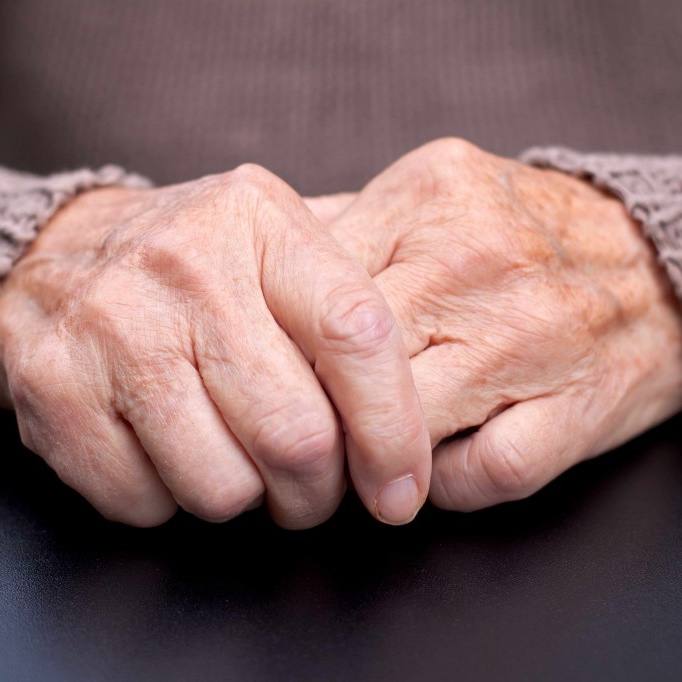-
Mayo Clinic Minute
Mayo Clinic Minute: Using lasers on the brain to treat seizures
For roughly a third of people with epilepsy, medication does not control their seizures. Depending on where those seizures originate in the brain, laser therapy can be an option for adults and children.
Journalists: Broadcast-quality video (0:58) is in the downloads at the end of this post. Please courtesy: "Mayo Clinic News Network." Read the script.
It's treatment for epileptic seizures that uses a laser on the brain.
"LITT is laser interstitial thermal therapy," says Dr. Jamie Van Gompel, a Mayo Clinic neurosurgeon.
Through a small hole in the skull, a catheter with a laser the size of a pencil lead is guided by MRI to the area of the brain where the seizures originate.
"And you can treat a lesion by heating it. And if you heat it enough, the proteins that are in a certain configuration unfold," says Dr. Van Gompel.
It's minimally invasive, and has a shorter recovery time and less risk of complications and side effects, like headaches. But the drawback is that it can be slightly less effective in reducing seizures than traditional open brain surgery.
"If you have temporal epilepsy, and we start with the laser treatment, if it doesn't work, we can do an open procedure if necessary," says Dr. Van Gompel. "Laser ablation has a nice niche in epilepsy therapies. And it's just expanded our surgical options at this point in time where there are very few patients that I see that I can't treat anymore with something that may help them."
Related content: Expert Alert: Laser therapy brings the heat to minimally invasive epilepsy treatment
Related Articles







